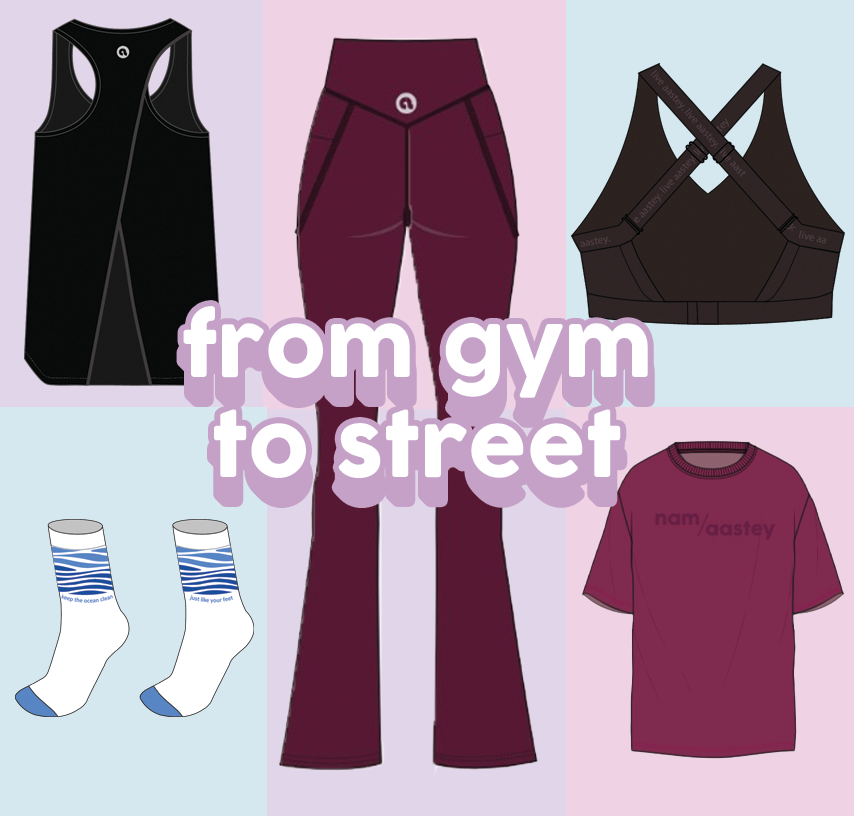there is very less doubt that fast fashion is one of the biggest reasons the fashion industry has rapidly devolved into becoming an industry that stands on pillars of worker exploitation, environmental degradation, profit maximisation and very few regulations to keep them in check. but where does racism fit in all of this? let's find out.

the intricate link between racism and fast fashion
research shows that the most profitable industries in some of the most economically advanced countries were based on colonialism and racism. therefore, it should come as no surprise that the fast fashion industry is one such industry that profits off the backs of the inherently racist structure of society.
in terms of how this racism manifests, you will have to look more closely on how the fast fashion industry operates on a global scale.
worker exploitation and racism
it is a well-known fact that fast fashion survives on maximising profits by cutting labour and production cost. In truth, millions of black and brown people are working in these garment manufacturing factories. consumers spend billions of dollars on clothes every year, but these garment workers might be making only 20 dollars in a week. while, the fashion companies accumulate and accumulate wealth, these workers who are mostly black and brown suffer poverty and unsafe working conditions.
representation and racism
there is a steady increase in recognition of racist patterns in the fashion industry, but it still has a far way to go. As of 2022, research shows that black models accounted for only 8.5% while almost 80% of models on runways are white women in cities like New York, London, Paris, and Milan. there need to be more black people not only as models but also in executive and managerial roles.
environmental degradation and racism
racism can take various forms in terms of how certain things disproportionately affect certain communities. environmental racism is the disproportionate impact of climate change on people of colour. in case of the fast fashion industry, black and coloured people are disproportionately impacted in so far as
- workers are exposed to toxic gasses during production
- communities are greatly impacted by contaminated water sources because they heavily rely on them
- third world countries are stifled with tonnes of second-hand clothes that end up contaminating landfills.
the structure that produces fast fashion and racism are so permanently interlinked that any effort to make a positive change needs a complete elimination of the fast fashion process. instead of doing lip service and performative acts that convey that they are allies, the fashion industry needs to invest in systemic change, pay living wages to all the workers and think of how to be part of the environmental justice movement.
all we can hope for is to be a small part of the movement to bring a shift from fast fashion to slow fashion.
as always, let us know what your thoughts are by tagging as @liveaastey.
take care and live aastey.

































